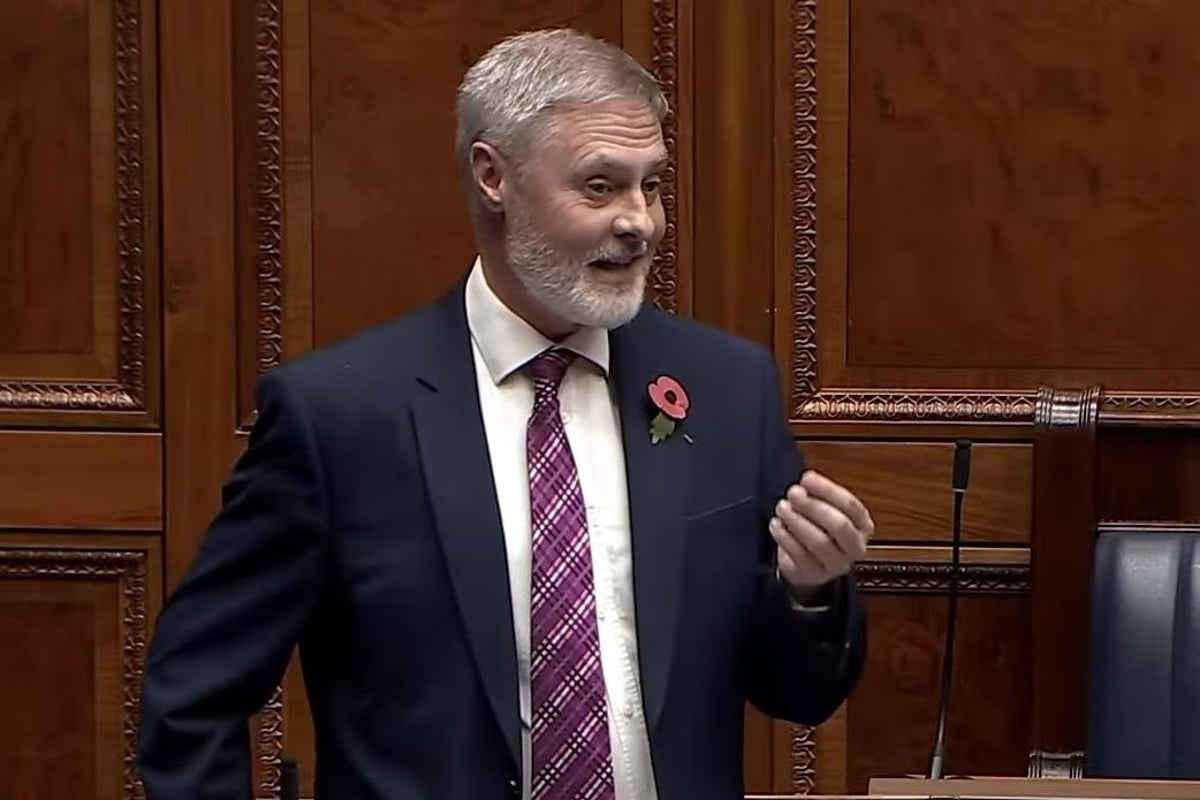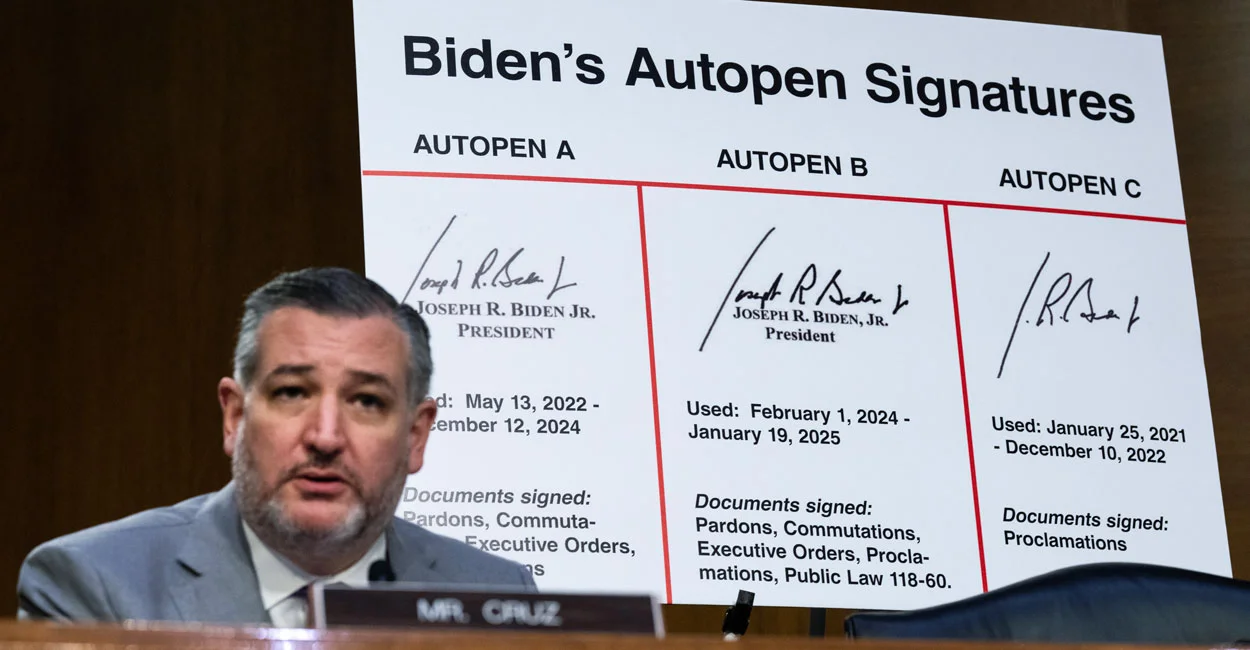Copyright newsletter

It passed by 42 votes to 26, with the SDLP and Sinn Fein uniting in opposition. It was moved by DUP MLA Paul Frew, himself a former member of the Royal Irish Regiment. During the course of the debate, Alliance MLA Paula Bradshaw also suggested that the category of “former member of the Armed Forces” could be added to the list of “protected characteristics” in law, alongside race, religion, and so on. The motion read: “That this Assembly recognises that the transferable skills developed by many armed forces service leavers and veterans can make an important contribution to our economy and build stronger communities; "Believes that those serving, service leavers, veterans and their families should not face disadvantage as a result of their military service when accessing services, including healthcare, education and housing; "Welcomes, in that context, the legal duty placed on a range of public bodies in Northern Ireland to have due regard to the principles of the armed forces covenant; "Calls on the Executive to ensure that departments meet that duty, including by appointing a departmental armed forces liaison officer; "And further calls for closer collaboration between government, employers, education providers and veterans’ organisations, which is essential to support the successful transition to civilian life, and in the interests of a shared and inclusive society.” Opening the debate, Mr Frew said: “Defence is an integral part of the UK economy and wider society. "It supports 440,000 highly qualified jobs and drives social mobility through the training offered to armed forces personnel and civil servants, with over 24,000 apprenticeships. "That is what reservists bring; that is what veterans bring; and that is what the armed forces bring to our communities and way of life. "That is why we must support our armed forces and the people in them, be they regular forces or reservists. "They are a vital cog in the machine of society and defence. That is why, through our departments and councils, we must protect them and ensure that they are never disadvantaged. "However, because of their service, and because of how they contribute to the safety and defence of our people, they sometimes are disadvantaged, or, if they are not actually disadvantaged, they feel as if they are, and that is just as bad. "That is something that we should not tolerate.” Opposing the motion, Sinn Fein’s Emma Sheerin said: “I rise to oppose the motion on the basis that it promotes inequality and pits one group in society against others, which is something that my party opposes. "Sinn Fein supports the provision of public services on the basis of objective need.” Challenged by UUP MLA and former soldier Andy Allen that she was “struggling to conjure up words to oppose the motion”, Ms Sheerin replied: “I said clearly at the start, in clear English, that we oppose the motion. I have no issue in articulating that. "I have said that no one should be disadvantaged, but the motion calls for one section of society to be given extra support.” Later her colleague Deirdre Hargey: “Even though my father was tortured by the British Army and died early as a result of those injuries, I do not agree that anybody in our community or across society should be discriminated against, whether that is in housing or health.” Offering similar objections was SDLP MLA Matthew O’Toole who told the chamber that the motion sought to create “a special category of individuals to have access to additional rights or additional support”. Whilst “I want all serving and former personnel to absolutely get fair provisions,” he added that “we cannot support the text of the motion or the armed forces covenant being given an excess of status”. He also said “it would be wrong of me and others not to acknowledge the fact that many people's experience of the British military here in the North of Ireland is not quite the same as that of people in England – that is to put it mildly”. Setting out her own position, Ms Bradshaw said: “The transition to civilian life is not always straightforward, something to which veterans' associations can attest. "For some, it means leaving behind a job and, in some ways, an identity, a sense of belonging and a shared purpose. "There is also the impact that spending years on active service will have had on many people's health – I am thinking of mental and physical injuries – and on their ability to secure housing and, in turn, stability. “For example, many veterans will have been on active duty overseas when their peers were getting on the property ladder and buying houses. "Furthermore, there are servicemen and servicewomen who have dedicated time and effort to getting trained in specialised roles in the armed forces but found that those qualifications and skills are not fully transferable to other trades and sectors. "That is precisely why the armed forces covenant matters. It is a commitment to equality.” She went on to say that “we, as an Assembly, should consider writing to the Secretary of State regarding section 75 of the Northern Ireland Act”, adding: “I would like to see the Secretary of State reviewing the list of protected characteristics under section 75 to assess whether it would be appropriate or necessary to include ex-service personnel.” TUV MLA Timothy Gaston said: “If we ask people to risk life and limb for their country, we owe them more than platitudes when they come home. "The motion does not call for special treatment; it calls for fairness. It is unacceptable that, years after service, men and women in other parts of the United Kingdom benefit from the covenant, but people in Northern Ireland cannot see it delivering for them… "Respect is expressed not in motions but in meaningful policy. During the remembrance service on Remembrance Sunday, we will rightly say: ‘We will remember them’. "Today, let us prove that we mean it by removing disadvantage, not merely acknowledging it.”



